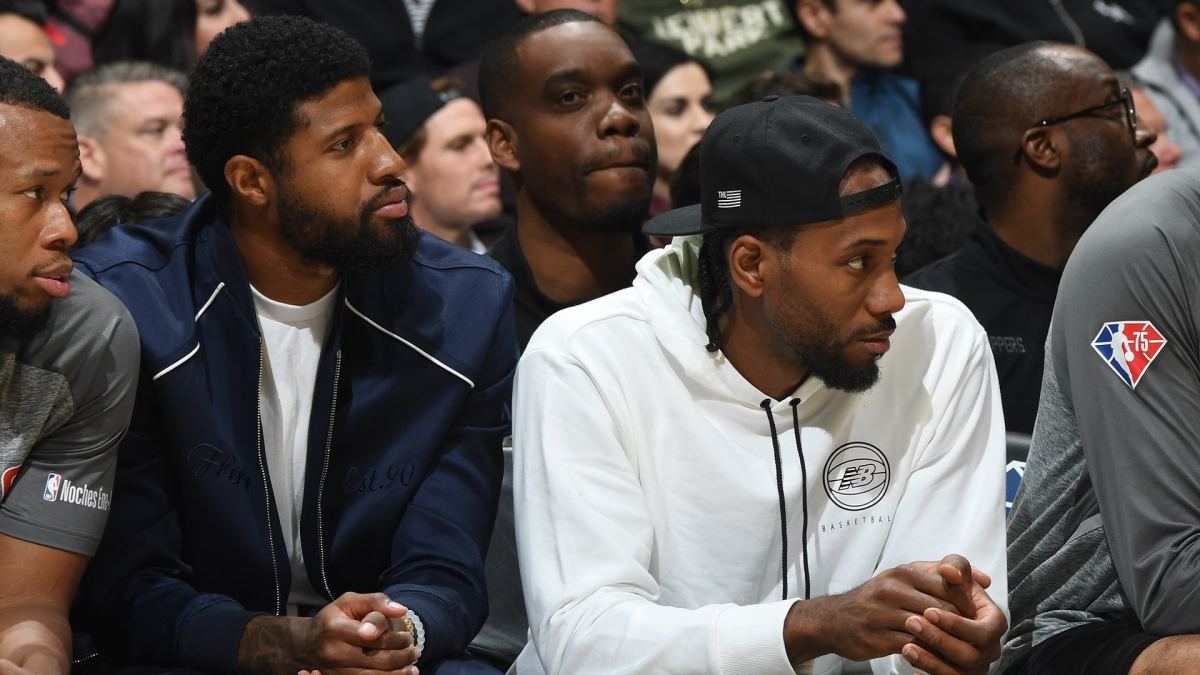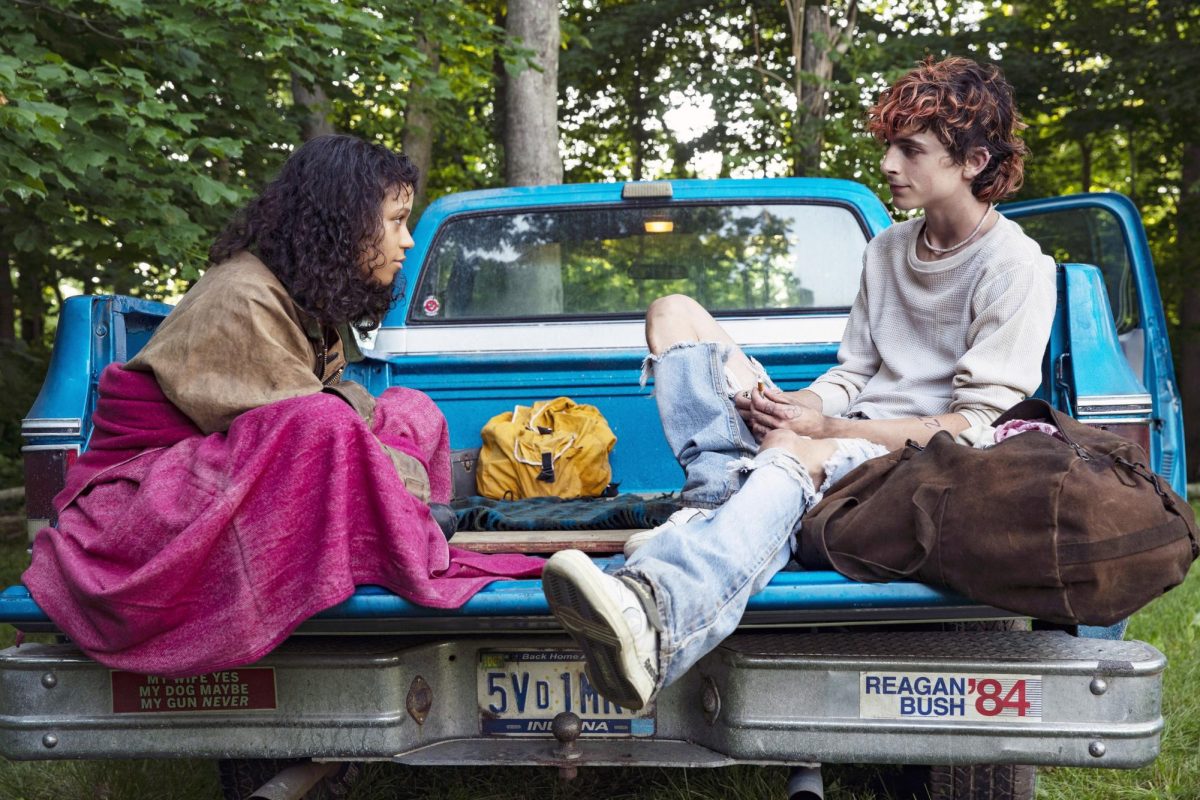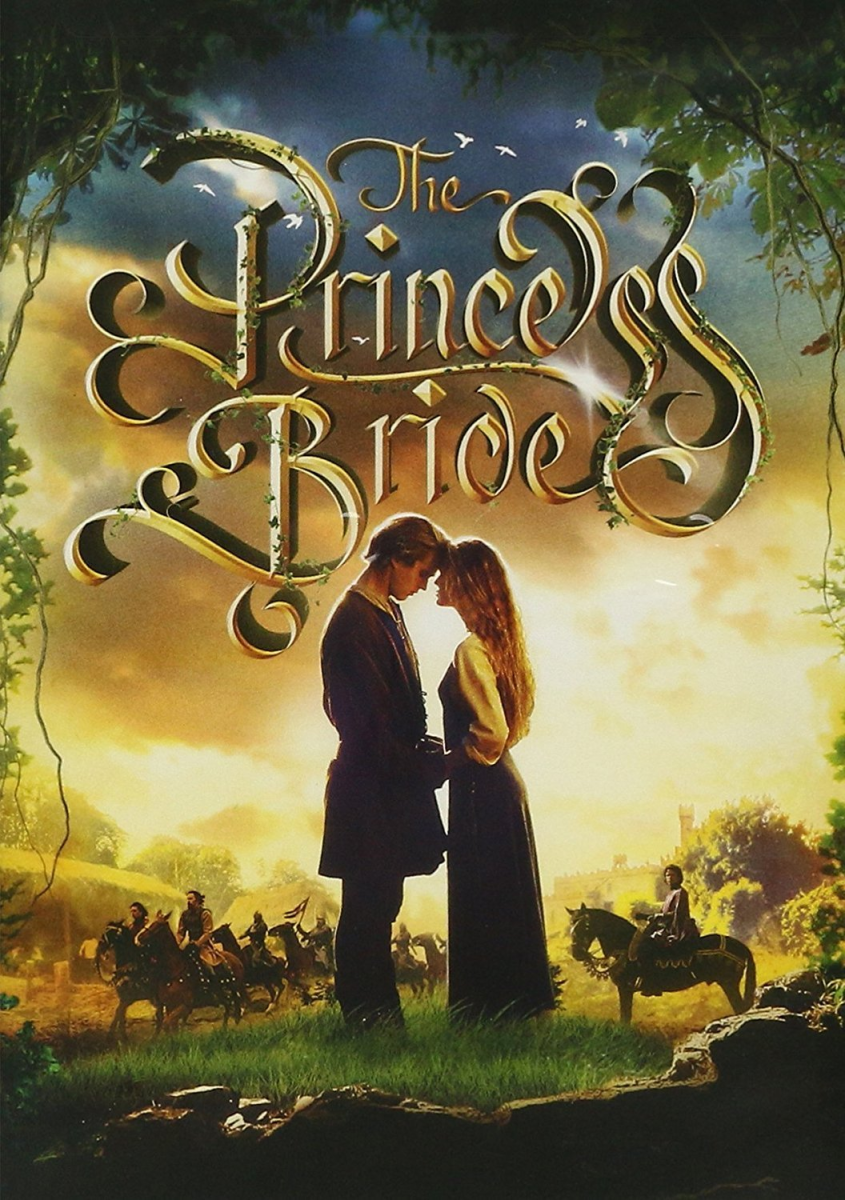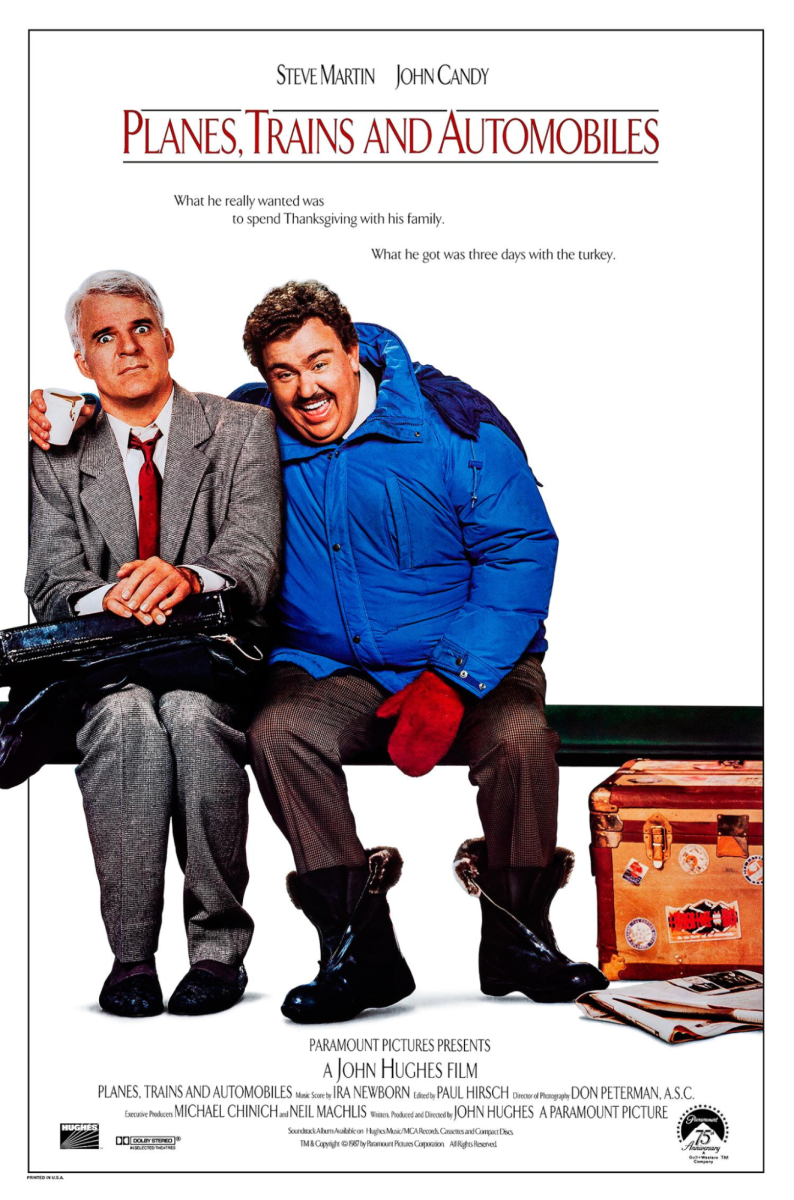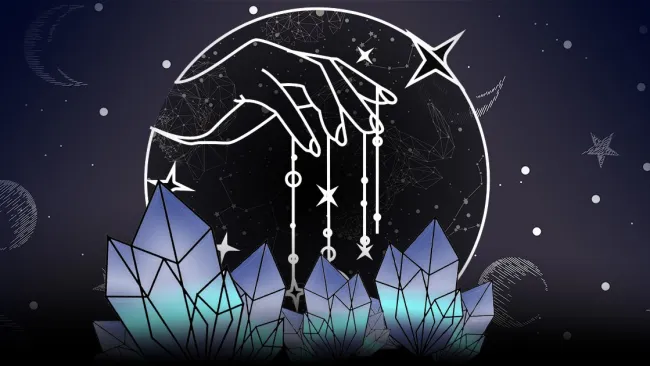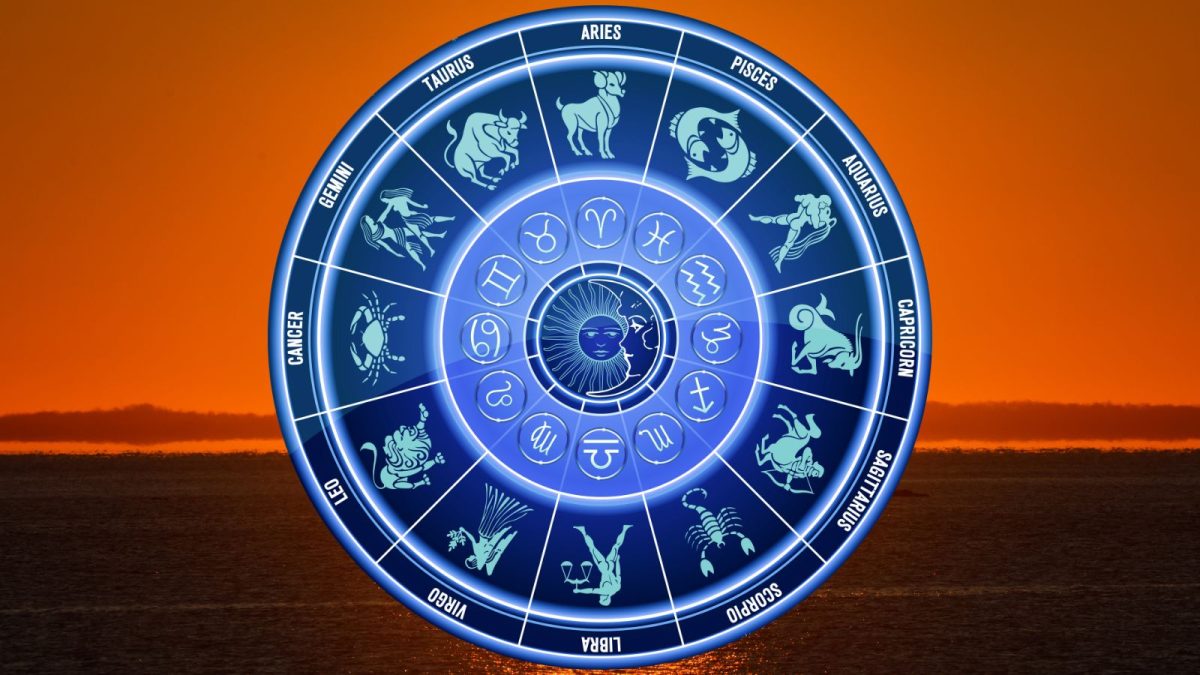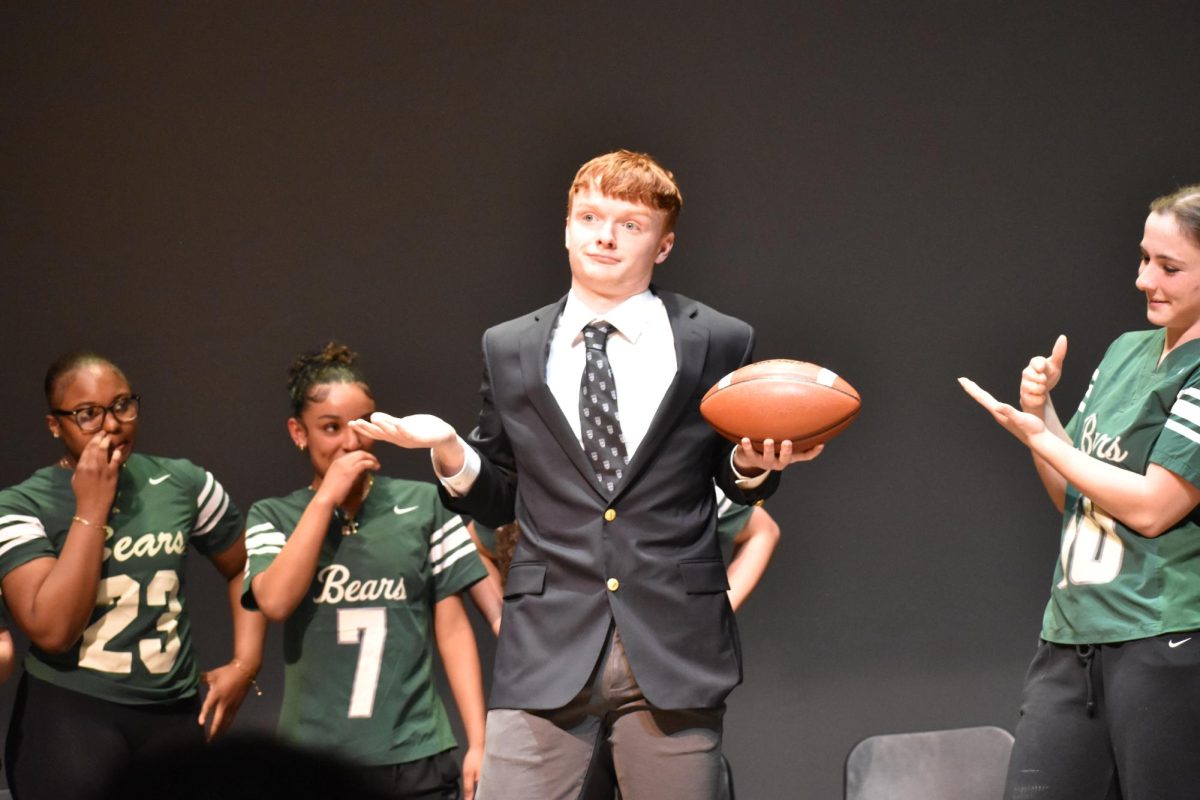The Next Time You Start Singing “Wimoweh,” Remember…
November 21, 2022
If you’ve watched The Lion King you may have heard the song “The Lion Sleeps Tonight.” The song originated from Pete Seeger’s version, “Wimoweh” in 1952. The song would go on to sell millions of copies and be remembered through several generations. But the history behind the Disney classic song is much darker than you can imagine.
In 1909, Solomon Linda was born in Zulu, South Africa. He never learned to read or write but he loved songwriting. Linda moved to Johannesburg in his mid-twenties and formed an acapella band, the Evening Birds, for the audiences at the local breweries. He sang over four-part harmony chants in high soprano. His sound was included in his most famous song “Mbube,” which means “lion’’ in Zulu. Linda worked as a cattle herder in the African hinterlands during his childhood. The main predator he would protect them from is the lion. He released his song with his group in 1939. “Mbube” would become the first African record to sell over 100,000 copies.
“Mbube” spread to Europe throughout the 40s. It reached folk music historian Alan Lomax who played it for his friend Pete Seeger. Seeger mistook Linda’s sound as “Wimoweh” and decided to make his version surrounding the word with his band, the Weavers. “Wimoweh” was the band repeating this word over a simple chord progression. The song was recognized under the pseudonym, Paul Campbell. Solomon Linda was not credited in this version.
Linda was paid 10 shillings for signing over the rights of “Mbube” to the company that produced the Evening Bird’s original song, Gallo Studios. This is about 87 cents today. As further compensation, the company gave him a job sweeping floors in their packing house.
Linda’s original song became extremely popular in nightclubs and Weaver’s version caused it to gain more traction in 1957. Another band named the Kingston Trio had success in covering “Wimoweh” in 1959. It was credited under Campbell-Linda. In 1961, producers Hugo and Luigi hired George David Weiss of Brill Building, known for housing music industry offices, to add more lyrics to “Wimoweh”. This version was titled “The Lion Sleeps Tonight,” the hit song played by The Tokens. This version would go on to be made in several languages and Linda’s name would once again disappear from the public eye.
Meanwhile, in South Africa, Linda was working his hardest to support his eight children and wife. He received less than 50 percent of royalties owed from “Wimoweh” and nothing from “The Lion Sleeps Tonight.” Two of his children would die from malnutrition and when Linda himself died in 1962, his widow could not even afford his gravestone.
In the years after Linda’s passing, his survivors continued to live off the scant paychecks they received from The Lion King. His daughter Adelaide would die at 38 from AIDS, a potentially preventable disease that could have been treated with the medication the family was unable to afford.
In 2000, South African journalist Riyan Malan wrote an article for Rolling Stone that discomforted several prominent players in the music publishing world and put Linda’s family in the spotlight. Lawyers lined up to represent the family and win back royalties Linda was truly owed. However, the court case was not cut and dry. Linda had signed over the rights to Gallo studios and his wife and daughter did the same two times. But by February 2006, the case was finally resolved and the family began receiving royalty checks dating back to ‘87.
This is just one example of the many instances where the music industry has cheated small or lesser-known artists out of the profits from their concepts and music. The chord progression and melody from Joe Satriani’s “If I Could Fly’,’ were used in Coldplay’s “Viva la Vida.” Led Zeppelin has an extensive history of using aspects from blues songs without crediting the musicians. This is so common because widely known musicians and producing companies think they won’t face consequences because they believe the artist they stole from is too unrecognized or they simply do not care to credit properly.
Linda’s injustice is also an example of the music industry’s exploitation and unfair treatment of people of color. Linda was an illiterate man. He could not have known what he was signing or at least known to the fullest extent. He had starving children to support and could have truly believed that the money he’d receive would help. It is infuriating that Linda and his children died in poverty when the thousands of dollars they were owed could have saved their lives.

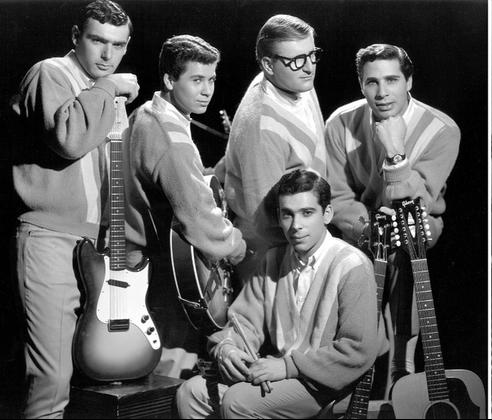
The Tokens are on the left (Stephen Friedland aka Brute Forte, Mitch Margo, Hank Medress, and Jay Siegel, seated Phil Margo) and the Evening Birds on the right (Solomon Linda, Gilbert Madondo, Boy Sibiya, Gideon Mkhize, Samuel Mlangeni, Owen Sikhakhane).













